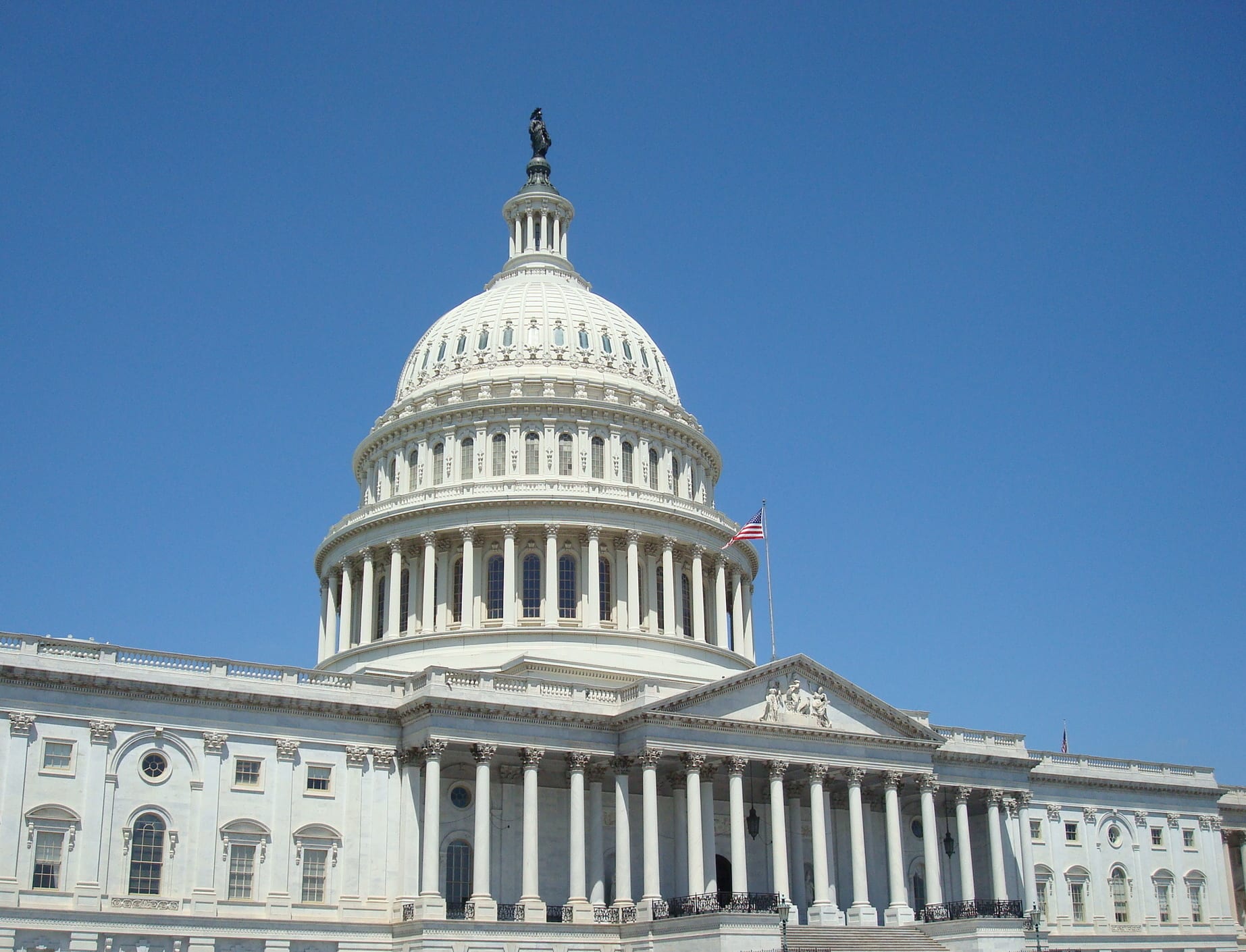In challenging times it’s helpful to evaluate the current moments in our nation’s history as steps on a far longer timeline. There have been times like this before and as history arcs from present to past we have continually risen above the challenges. Those lessons are important for the young people in our country.
Some people have wisdom beyond their years, but for most of us, wisdom comes from the experience of triumph and defeat across years and decades.
In times like these, we’d be well-served to remember what it is like to be 18 or younger. We should understand that the perspective of the young is shorter, one where they perceive a mountain of polarization. Atop those peaks they see storms of uncertainty, storms that we ourselves have stirred.
Just contemplate what a 12-year-old student has seen of American politics in their lifetime.
For someone that age, their most vivid and memorable example of the presidency and the national government has been four years of exceptionally bitter confrontation and division. Certainly some will argue that Obama’s eight years were a time of division, but among the branches of federal government that was a time of disagreement, not dysfunctional division. No administration in history ever presided over complete agreement. This past administration was most notable because of the levels of vitriol.
But the example we’ve shown as adults in these times go beyond the vitriol and venom.
Our young people go to schools wearing masks, keeping their distance and following rules designed to protect them and others from a global pandemic.
And yet on social media they see adults screaming and raging at one another in stores, in restaurants and other public places over wearing masks. They see a generation of adults so damned selfish that we won’t take even that one small step for one another. We won’t take even one step toward each other to compromise for the common good.
We’ve become a nation where we seek to vilify, demonize, delegitimize and dehumanize everyone holding a difference of opinion. We’ve become an angry nation. And that anger exploded.
Two weeks ago our young people witnessed an assault on the Capitol that looked like a third-world coup attempt. Many saw brutal videos of angry violence where grown men beat police officers with sticks, fire extinguishers and even flagpoles that held American flags. Remember when the Netflix show “House of Cards” seemed to be impossibly over-the-top? Even those writers never got to this point.
So what do we do? We all start by remembering that our children are watching.
They see adults angrily refuse to believe that which is true. They see adults and leaders who refuse to accept any election result that does not end the way they wanted. Like impetuous brats, we stomp our feet and cover our ears refusing to hear anything that we don’t like.
Our children are watching it all, and so we must turn the page.
We will disagree on issues. Getting elected and attaining power is one thing, but governing—truly governing—is a whole other matter. At some point we will have to reach a compromise, or a consensus, and find solutions to forge ahead without worrying about who will get the credit.
We need a nation of men and women leading for the good of the country even if it means risking their hold on power. We must have leaders more concerned with doing the right thing and doing so without caring how many likes or retweets they get from people.
We must understand that no one side gets everything they want all the time—nor should they—because no one in Washington carries a torch of infallibility.
It should be easier to lead by the courage of our convictions rather than by constantly chasing the winds of popular opinion. True leadership often requires rejecting a political consultant class more concerned with charging politicians for polling and always looking for their rip from the next big ad buy. That is part of why we’ve arrived where we are.
But if we cannot grow to summon the maturity that this moment requires or accept the challenges that demand cooperation, then our young people will be left with the wreckage we leave behind.
And make no mistake, they will remember what we did, and we will be judged by how we rose or did not rise to the challenges of these times.



